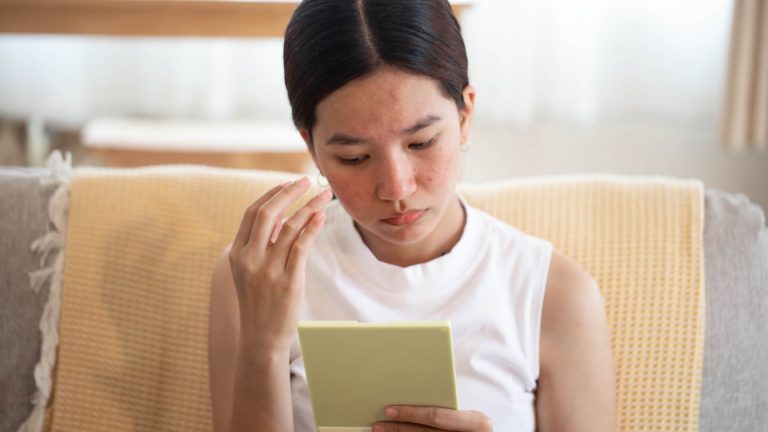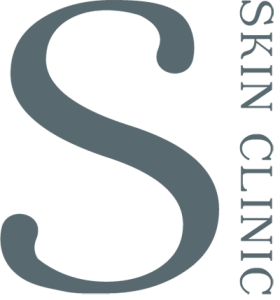Acne scars, often dismissed as mere physical imperfections, carry a weight that transcends the surface. Beyond altering appearance, these scars leave an indelible mark on an individual’s mental well-being. This blog aims to unravel the intricate web of psychological effects associated with acne scarring, shedding light on how these visible remnants of past breakouts can impact self-esteem, confidence, and overall mental health. Understanding and addressing the psychological consequences of acne scarring is a vital step toward comprehensive healing and self-acceptance.
Psychological Effects of Acne Scarring
- Low Self-Esteem and Confidence: The aftermath of acne breakouts often manifests as scars, contributing to a significant decline in self-esteem and confidence. Individuals, especially in social and professional settings, may grapple with feelings of inadequacy and fear negative evaluations from others. The visible scars become a constant reminder of perceived imperfections, casting shadows on one’s self-worth.
- Anxiety and Depression: The journey of dealing with noticeable acne scars is frequently accompanied by heightened levels of anxiety and depression. The fear of judgment, coupled with a constant worry about how others perceive one’s appearance, creates a pervasive sense of self-consciousness. This emotional burden can be overwhelming, leading to a negative impact on mental health.
- Social Withdrawal: The emotional distress triggered by acne scarring often prompts individuals to withdraw from social interactions. The fear of scrutiny and the desire to avoid uncomfortable conversations about one’s appearance can lead to isolation. This social withdrawal not only strains existing relationships but also limits opportunities for new connections, impacting overall quality of life.
- Negative Body Image: Acne scars can distort an individual’s body image, fostering an excessive self-consciousness about physical appearance. The perceived imperfections contribute to dissatisfaction with one’s body, and in severe cases, may even fuel the development of body dysmorphic tendencies. The quest for an idealized image becomes an all-consuming battle.
Coping Strategies
- Seek Professional Support: The first step towards addressing the psychological impact of acne scarring is consulting a dermatologist. At Sparsh Skin Clinic we have specialised doctor’s and we offer effective treatments such as laser therapy, microneedling, or chemical peels that can significantly reduce the appearance of scars. These treatments not only contribute to physical healing but also play a crucial role in restoring confidence and self-esteem.
- Mindfulness and Stress Management: Engaging in mindfulness practices, meditation, or yoga can serve as powerful tools for stress management. Stress has a direct impact on skin health and can exacerbate acne breakouts. By adopting stress-reducing techniques, individuals can positively influence their skin health and, in turn, alleviate the emotional burden associated with acne scarring.
- Support Groups and Counseling: Joining support groups or seeking counseling provides a safe space for individuals to share their experiences and coping strategies. Connecting with others facing similar challenges fosters a sense of understanding and community. This emotional support can be instrumental in alleviating the psychological distress associated with acne scarring.
- Camouflaging Techniques: Learning makeup techniques to temporarily conceal acne scars can be an empowering strategy. This skill provides individuals with a sense of control over their appearance, boosting confidence, especially in social situations. While makeup offers a temporary solution, it plays a crucial role in enhancing self-esteem.
- Exploring Emerging Solutions: Stay informed about emerging research in the field, such as the potential use of Lactium, a bioactive peptide derived from milk proteins. Recent studies suggest that Lactium’s calming properties may aid in stress reduction, potentially positively impacting both mental well-being and skin health.
Conclusion
Addressing the psychological toll of acne scarring is as vital as the physical treatment. Seeking guidance from a dermatologist and adopting effective coping strategies can significantly enhance mental well-being. By embracing a comprehensive approach, individuals can move beyond the scars, fostering a positive outlook on life and embracing their true selves in the journey to self-acceptance.



